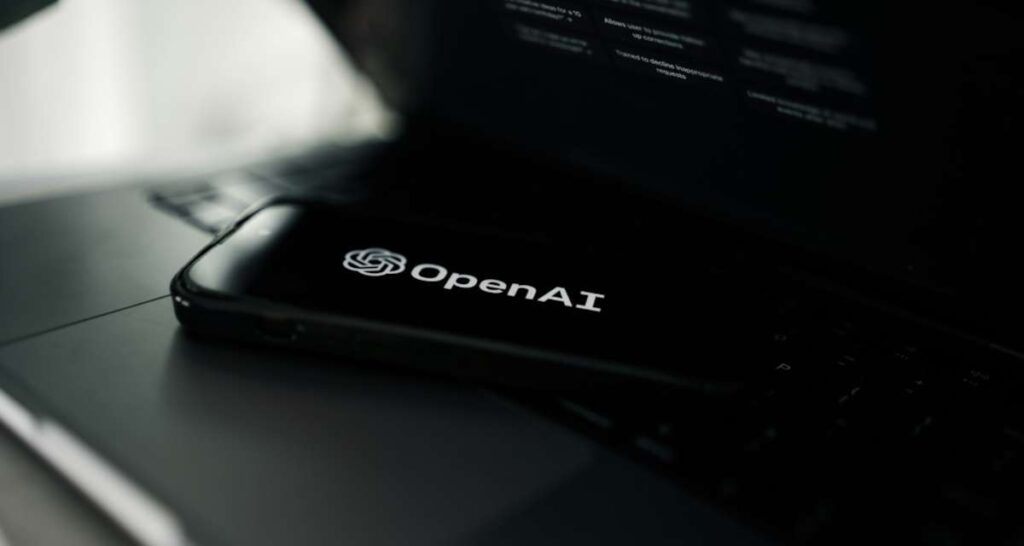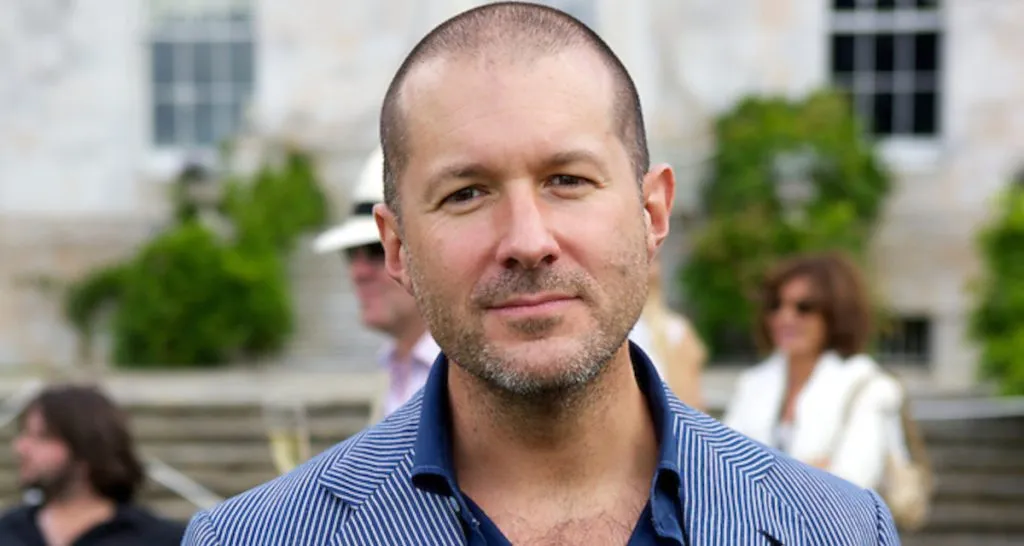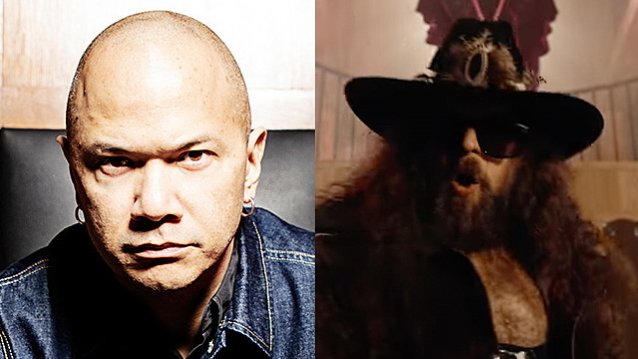OpenAI’s Sora 2 Reportedly Requires Rightsholders to Opt Out of Appearing in Generated Videos — Without a Blanket Pullout Option

Photo Credit: Zac Wolff
OpenAI has debuted Sora 2 – and taken an aggressive approach to the video generator’s outputs, which will reportedly contain protected materials from rightsholders who don’t opt out.
The Wall Street Journal shed light on the bold strategy, and the gen AI giant launched Sora 2 today. On the former front, it’s hardly a secret that leading models have consumed all manner of copyrighted works for training purposes – before allegedly reproducing portions thereof in outputs.
While AI developers have scored some wins in court, rightsholder-spearheaded litigation has yet to provide a definitive answer to the all-important “fair use” question.
To be sure, the judge in Anthropic’s legal battle with authors found that the actual process of training Claude on protected works to generate fresh text “was quintessentially transformative.” But he further noted that “if the outputs seen by users had been infringing, [the plaintiffs] would have a different case.”
And as many know, Anthropic subsequently settled the surviving claims, which pertained to its alleged piracy of books for training.
At least according to the report, these and other considerations haven’t dissuaded OpenAI from plowing ahead on the video-generation front.
Sora may produce videos featuring “copyright material unless copyright holders opt out of having their work appear,” the Journal, citing anonymous sources, elaborated. Moreover, “the past week” purportedly saw OpenAI contact studios and talent agencies regarding the opt-out option.
Suffice to say the tiny window left little time for meaningful responses. Adjacent to the point, OpenAI reportedly decided to bar – meaning “not accept” here – “a blanket opt-out” covering each of a company’s works.
Of course, this could well translate into a major burden on rightsholders. As described by the report, Sora’s main IP safeguards (if they can be called that) stem from OpenAI’s deals with certain studios and from an across-the-board policy against generating “images of recognizable public figures” sans permission.
To state the obvious, there’s plenty that those “protections” don’t cover. One very early example: Between its lighting, colors, brass-instruments performance, and literal elephant in the room, the Sora 2 clip shown at the 28-second mark of OpenAI’s introductory video shares several similarities with an early scene from the underrated 2022 film Babylon.
Neither the report nor the Sora 2 announcement mentions music, but OpenAI’s stance is significant for the industry. At the top level, the video generator produces audio as well – seemingly including music. And the internet isn’t short on music-equipped TV and films, music videos, concert footage, and clips featuring trademarks (like on t-shirts, for instance).
Worth highlighting in conclusion is that OpenAI has also launched a Sora 2-powered “social iOS app,” which is said to allow users to drop their likenesses “straight into any Sora scene with remarkable fidelity.”
From an IP-protection standpoint, users’ sharing and modifying custom clips will undoubtedly add another layer of complexity to the unprecedented situation.
Link to the source article – https://www.digitalmusicnews.com/2025/09/30/sora-2-opt-out-option/
-
Brass Hunting Horn, Pocket Brass Bb Hunting Horn with Velvet Bag, Bracket, Clean Cloth French Horn$54,53 Buy product
-
Hanaoyo Soprano Recorder Instrument for Beginners Kids Students, German Style C Key 8 Holes Recorder Instrument with Cleaning Kit, Fingering Chart, Cotton Bag, Thumb Rest, Lanyard (Black)$7,99 Buy product
-
Mulucky 5 String Banjo – Large Size with 24 Brackets, Remo Head, Resonator Banjos, Geared 5th Tuner, Gift Package with Beginner Kit – B1108$0,00 Buy product
-
Eastar C Flutes Closed Hole 16 Keys Flute for Beginner Kids Student Flute Instrument with Cleaning Kit, Stand, Carrying Case, Gloves, Tuning Rod, Nickel, EFL-1$99,99 Buy product
-
ChordBuddy “MADE IN THE USA” – Guitar Learning with Songbook, Lesson Plan, App, Right Handed ChordBuddy, and Tuner- for Acoustic Guitars only$59,95 Buy product
-
A Style Mandolin Musical Instrument,8 Strings Mahogany Acoustic Mandolin for Beginner Adults$69,99 Buy product













Responses